AI Answer Evaluation Platform Live Now. Try Free Answer Evaluation Now
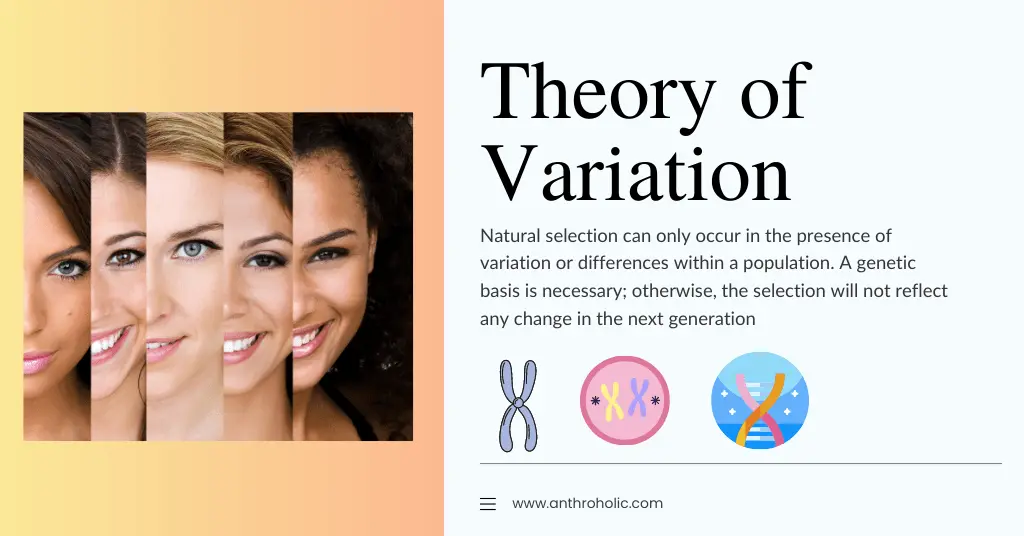
Theory of Variation
The theory of variation, also known as the theory of evolution, is a scientific explanation for how species have evolved and diversified over time.
+91-7303290503, +91-9557169661 | MON to SUN 10:00 AM - 6:00 PM
Evolution is the process of change in all forms of life over generations, driven by mechanisms such as mutation, natural selection, and genetic drift. This category covers the history of evolutionary thought, the mechanisms of evolution, and the diversity of life on Earth. From exploring the origins of species to understanding the evolutionary relationships between different organisms, learn about the science behind the history of life on our planet.

The theory of variation, also known as the theory of evolution, is a scientific explanation for how species have evolved and diversified over time.
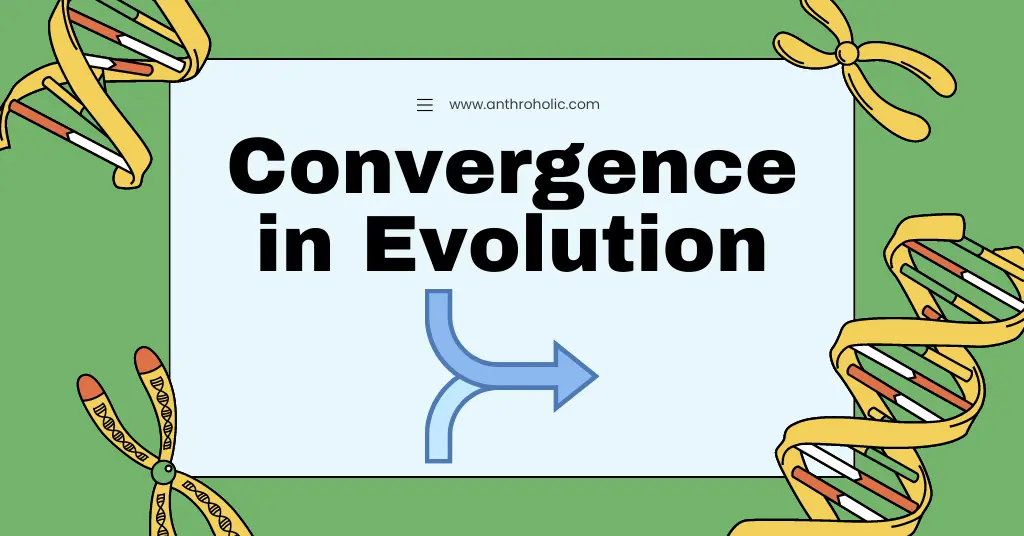
Convergent evolution occurs when unrelated organisms independently evolve similar features or traits as a result of adapting
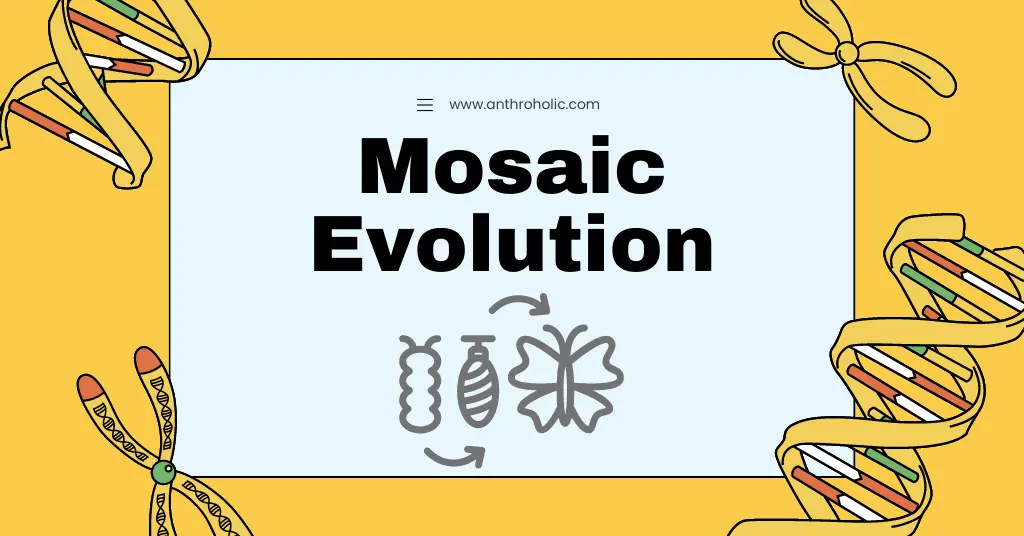
Mosaic evolution refers to the process by which various traits within an organism or lineage evolve at different rates and often independently from one another.
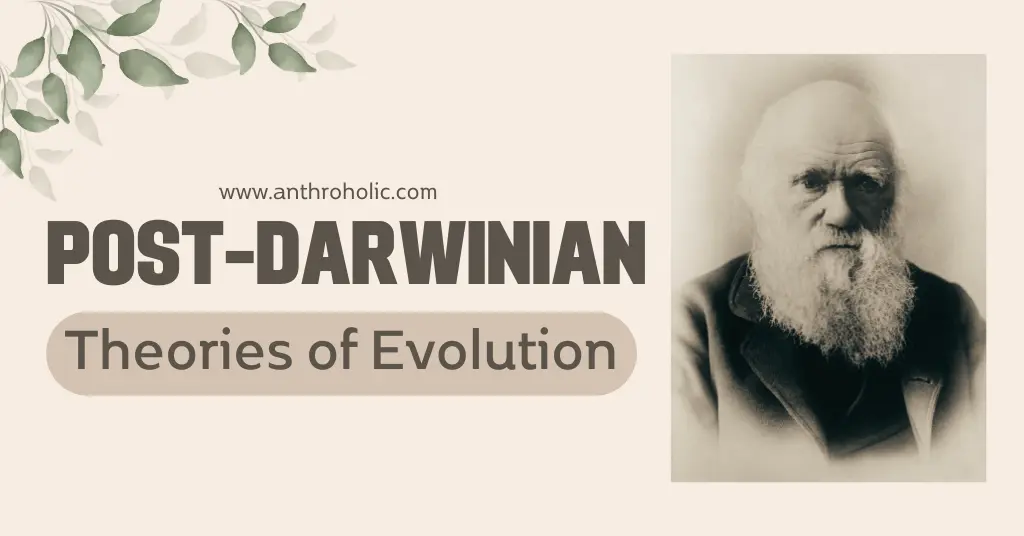
These post-Darwinian theories of evolution build upon and refine Darwin's work, offering new perspectives and insights into
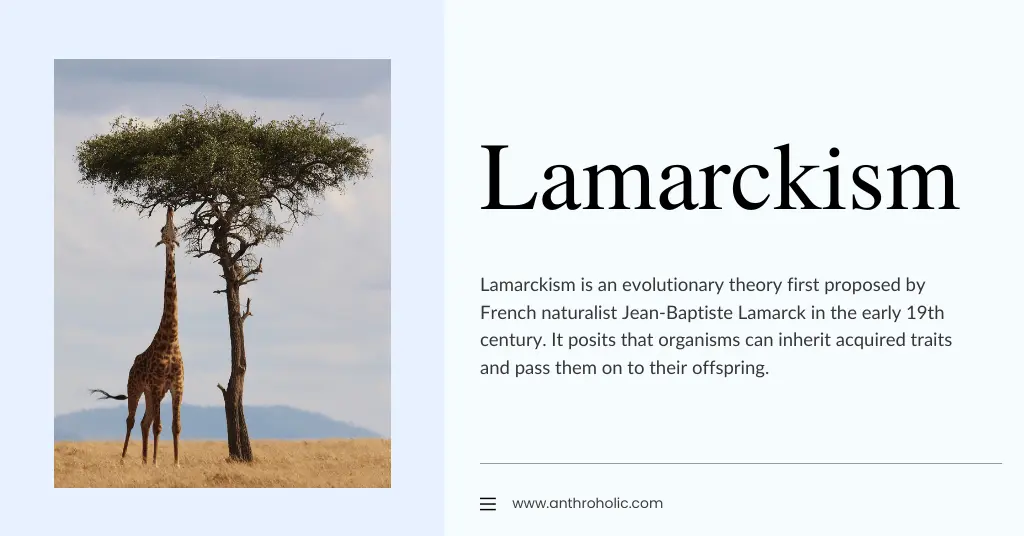
Lamarckism is an evolutionary theory first proposed by French naturalist Jean-Baptiste Lamarck in the early 19th century.
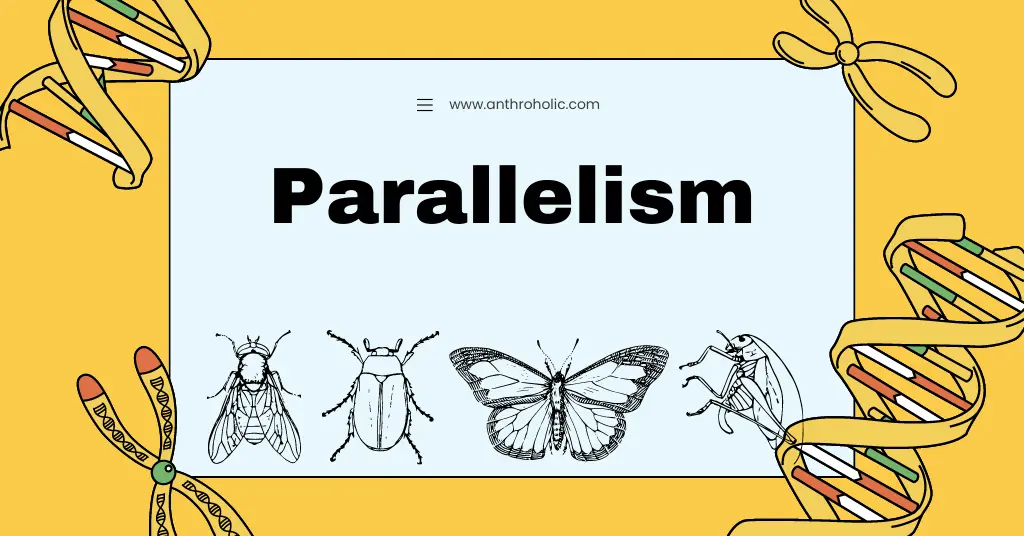
Parallelism refers to the independent evolution of similar traits in different species, often as a result of facing similar environmental pressures.
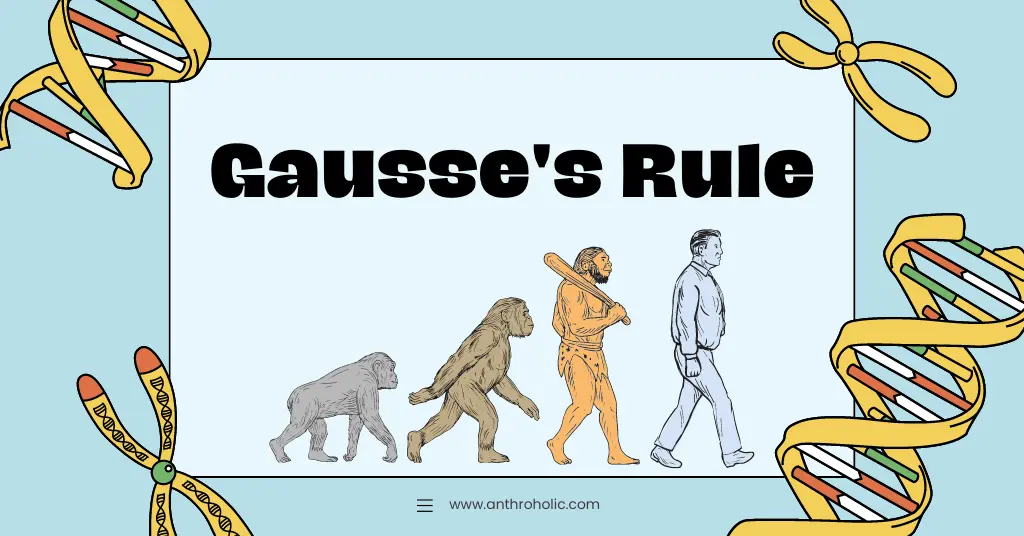
Gausse's Rule is a fundamental principle in the study of evolutionary biology. This rule, named after the renowned biologist Pierre Gausse,
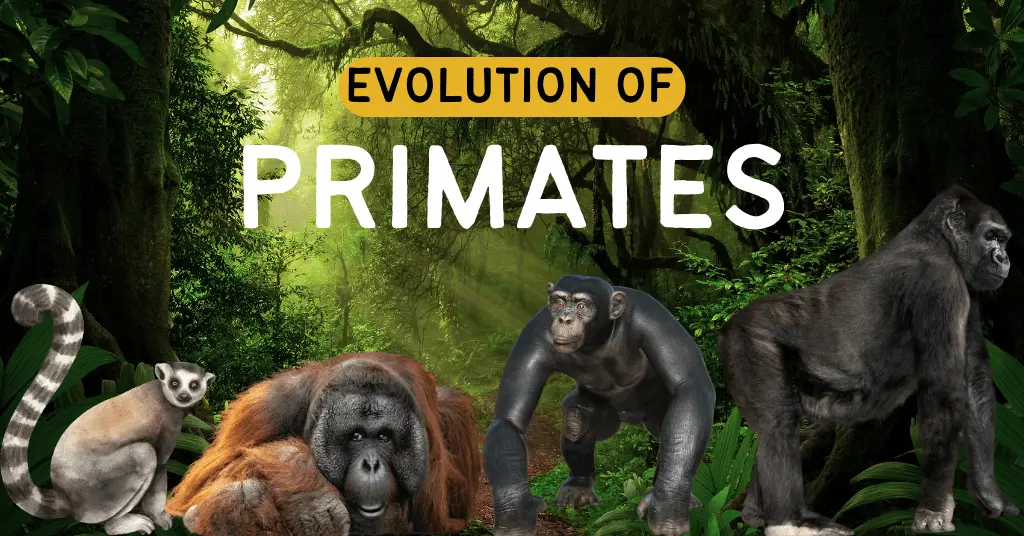
Understanding the evolution of primates is crucial for understanding human origins, as well as the origins of our closest living relatives.
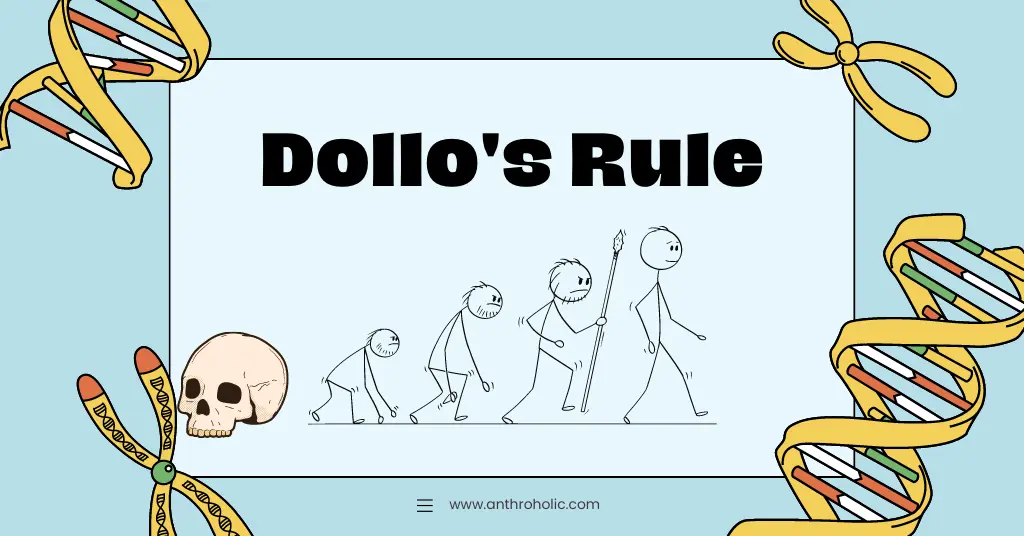
Dollo's Rule, named after the Belgian paleontologist Louis Dollo, is a principle in the field of evolutionary biology

A cataclysm is an event that causes widespread devastation and upheaval, often resulting in significant loss of life, property damage, and long-term consequences.
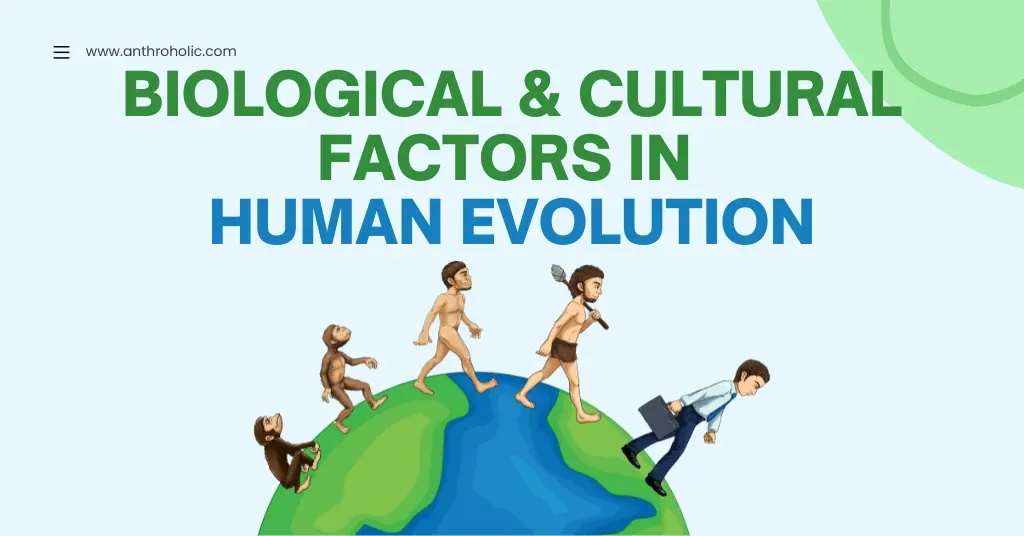
This article will explore the biological and cultural factors that have played significant roles in human evolution, as well as examine the interactions between these factors.
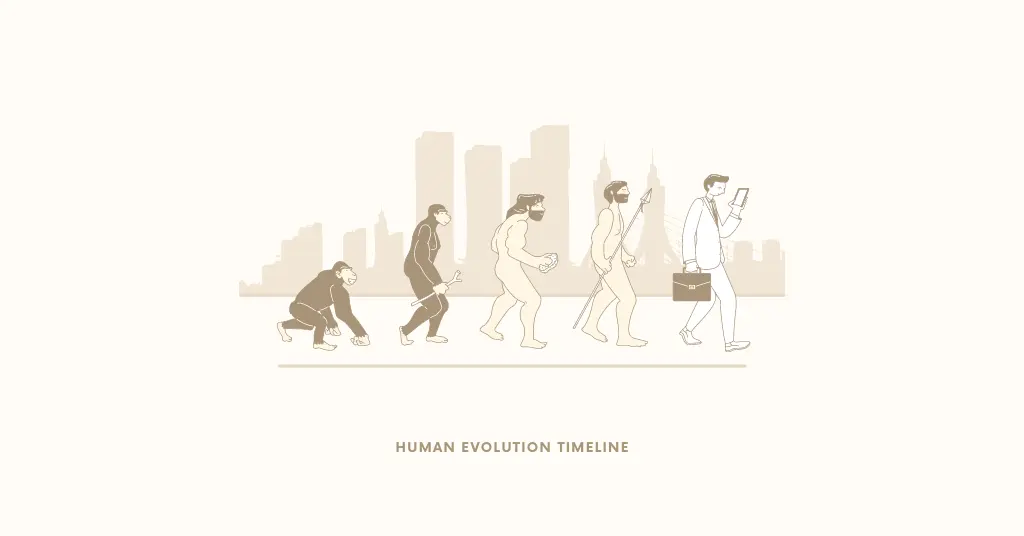
The human evolution timeline from 33,100 years ago marks a pivotal moment in the history of our species. At this time, anatomically modern humans